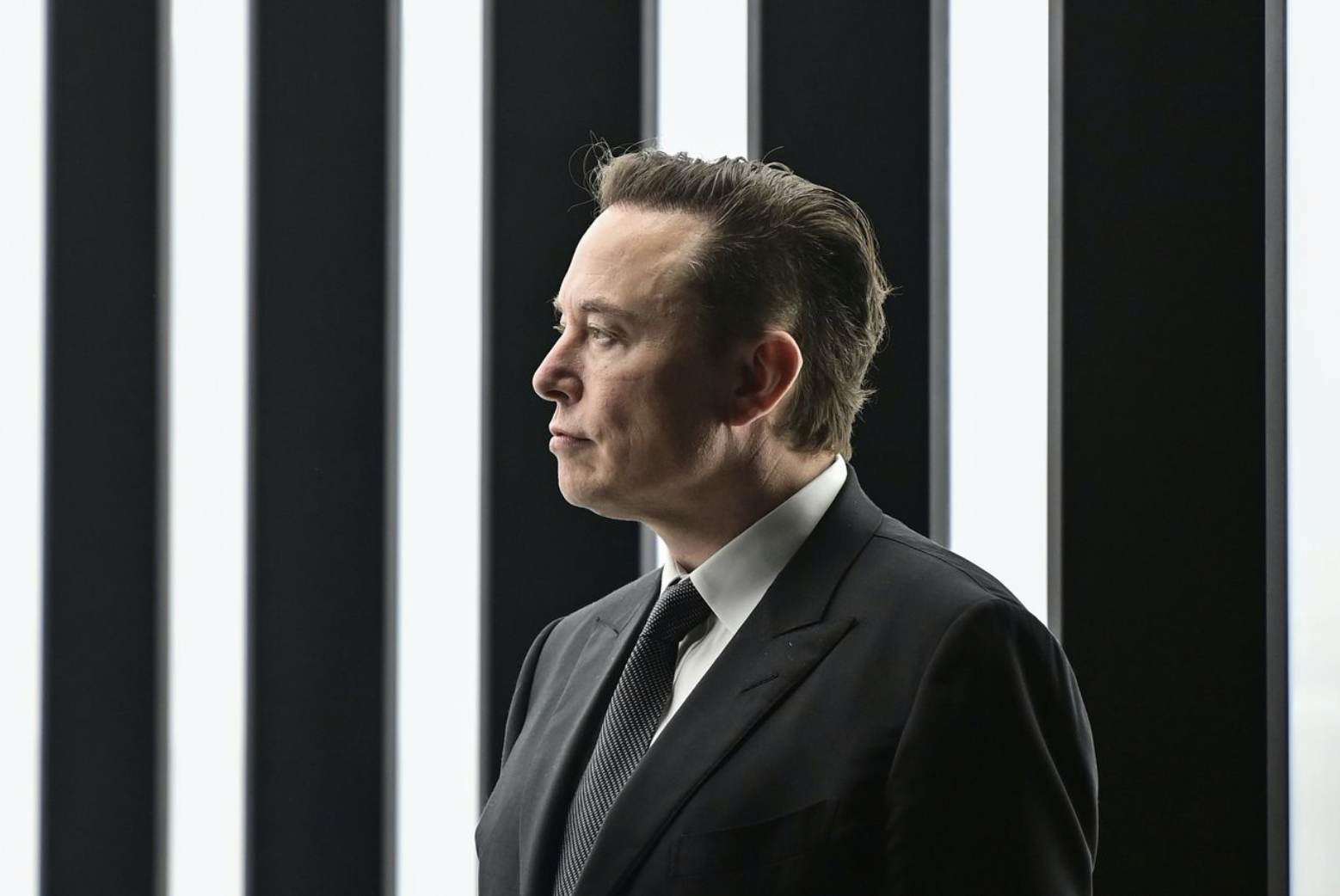By: Allysia Finley – wsj.com – November 6, 2022
As President Biden last week warned in a dark speech that American democracy is “under attack” by Mr. Trump and “MAGA Republicans,” Democrats and their media allies hyperventilated that Mr. Musk would take a wrecking ball to Twitter. “The world’s richest man has apparently decided to set his $44 billion investment on fire,” wrote one Washington Post columnist.
Mr. Musk’s takeover is no more likely to destroy Twitter than Republican control of Congress will destroy democracy. Democrats are panicking because both will impose much-needed checks on progressive rule.
For months liberals have warned that Mr. Musk’s free-speech policies would turn Twitter into a cesspool of violence, obscenity and hate, even though he has assured advertisers he won’t make it an anything-goes platform. Nonetheless, companies such as General Motors, Pfizer and Mondelez have bought the spin and paused advertising on the platform.
Democrats are raising a new bogeyman. Connecticut Sen. Chris Murphy on Oct. 31 called for the Committee on Foreign Investment in the United States, or Cfius, to investigate the “national security implications of Saudi Arabia’s purchase of Twitter.” “We should be concerned that the Saudis, who have a clear interest in repressing political speech and impacting U.S. politics, are now the second-largest owner of a major social media platform,” he tweeted.
The Saudi government didn’t “purchase” Twitter. A Saudi prince’s conglomerate, Kingdom Holding Co., held a roughly $1.89 billion stake in Twitter as a public company that it is rolling over in Mr. Musk’s deal to take it private. Mr. Murphy says the Saudis have a “clear political motivation” because they could have cashed out of Twitter as many public investors did, which “would have been the financially sound thing to do.”
Not if the Saudis, like former CEO Jack Dorsey and U.S. venture funds that kept or acquired stakes, believe Mr. Musk will turn the challenged company around. Democrats may struggle to comprehend this, but not everyone agrees that Mr. Musk is destined to fail.
The day after Mr. Murphy’s letter, the Washington Post reported that White House officials were considering a national-security investigation into Mr. Musk’s Twitter takeover owing to concern about its foreign investors—namely, the Kingdom Holding Co. and Binance, a cryptocurrency exchange founded by a Chinese-Canadian business executive.
A 2018 law lets Cfius review deals in which a foreign entity takes a minority stake in a U.S. business that maintains “critical infrastructure” or collects sensitive personal data of U.S. citizens. The White House’s purported concern is that Mr. Musk could share Twitter user data with foreign investors, who might also seek to censor content they dislike.
Some Democrats also warn that Mr. Musk could suppress views that offend China’s Communist Party to protect Tesla’s sizable business in China. That’s unlikely under Mr. Musk’s plan to make Twitter’s algorithms open-source. It’s also strangely inconsistent with Democrats’ lack of concern that TikTok, which is wholly owned by the Chinese company ByteDance, will moderate content at Beijing’s behest.
A Bloomberg dispatch last month reported that Biden officials were discussing whether to subject the Twitter deal to a national-security review after growing disturbed by Mr. Musk’s recent threat to stop financing the Starlink satellite service to Ukraine—in addition to tweets viewed as favorable to the Kremlin, including that Russia should be allowed to keep Crimea, which it seized in 2014.
Why should Mr. Musk be expected to foot the bill for U.S. foreign and military aid? Starlink’s satellite competitors, including OneWeb and Amazon, aren’t. Mr. Musk’s tweets on Ukraine are cringe-worthy, but no more so than the now-withdrawn letter by the Congressional Progressive Caucus urging the White House to negotiate directly with Russia to end the war in Ukraine.
The point is that none of the Democrats’ objections are principled. They oppose Mr. Musk’s takeover for the simple reason that they want to silence conservative voices and contrarian views on subjects such as climate and Covid. Twitter’s deposed executives succeeded at this even as they failed to make money for investors.
Twitter has posted a net loss every year since going public in 2013, save 2018 and 2019. Last year it generated a mere $4.5 billion in advertising revenue compared with Alphabet’s $210 billion and Amazon’s $31 billion. Unlike other large tech companies, it has failed to develop beyond its core competency. Mr. Musk has to clean house to prevent it from burning down.
Democrats are rooting for Mr. Musk to fail. But unfortunately for them, he doesn’t appear to suffer from the self-destructive tendencies of Donald Trump.
To see this article in its entirety and to subscribe to others like it, choose to read more.
Source: Democrats Develop Elon Musk Derangement Syndrome – WSJ
 Listen Online
Listen Online Watch Online
Watch Online Find a Station in Your Area
Find a Station in Your Area









 Listen Now
Listen Now Watch Online
Watch Online
